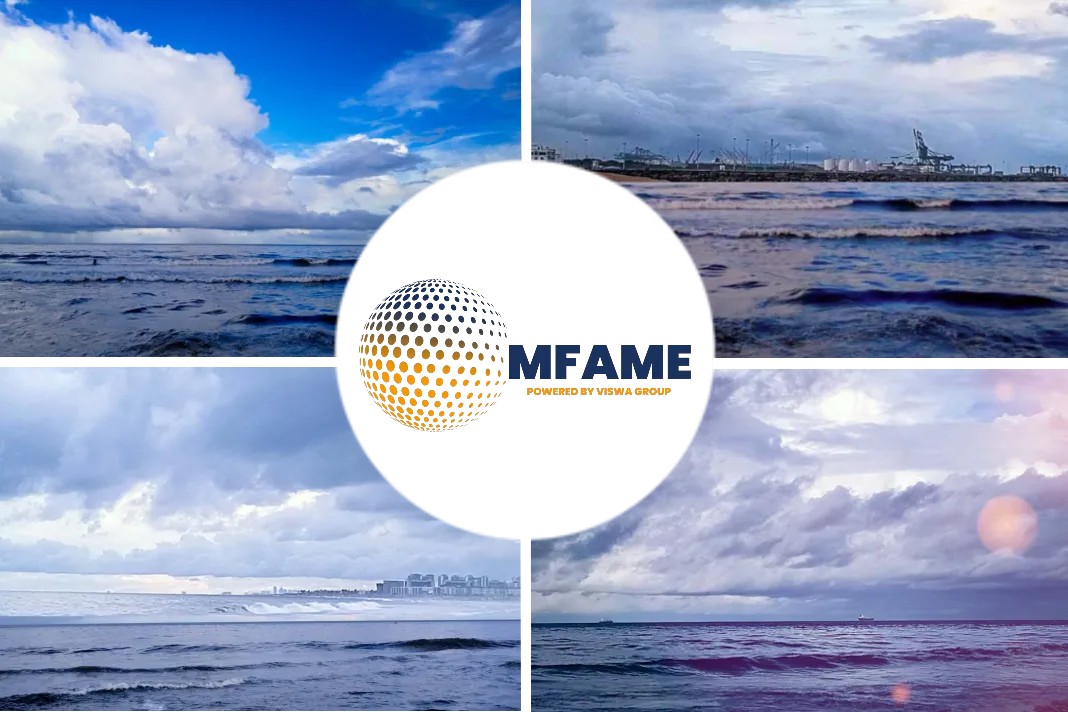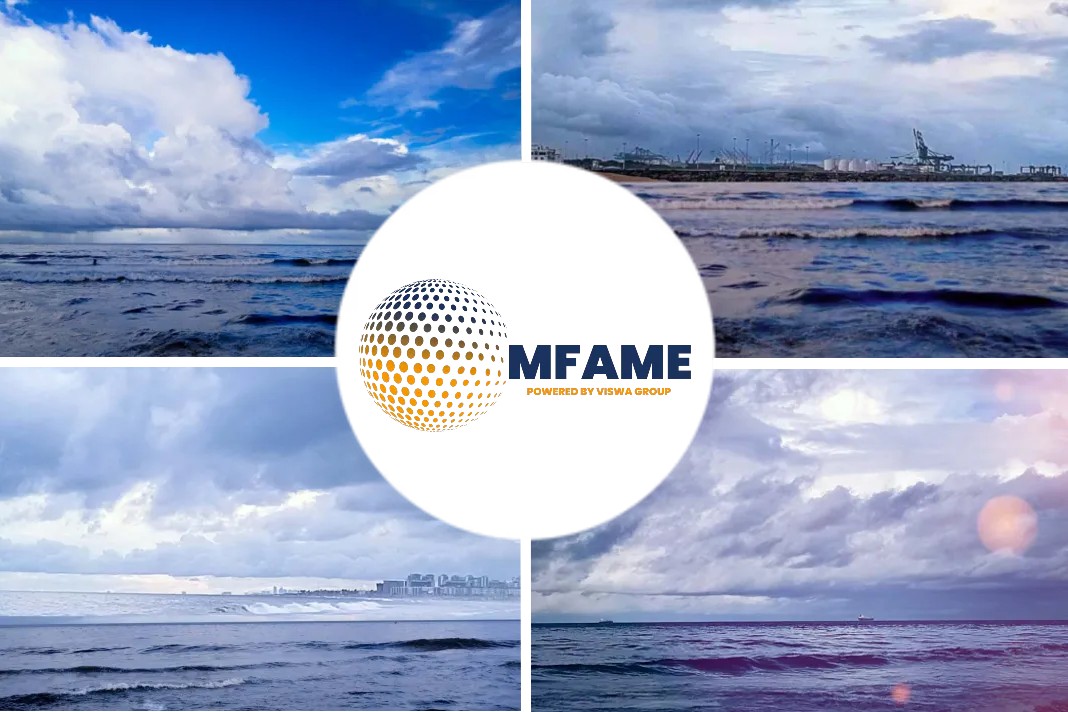
According to an article published in The Wall Street Journal, tanker operators don’t expect their ships to be targeted in the near term amid the growing tensions between the U.S. and Iran as daily freight and insurance rates hold steady in a critical region for global oil transport.
No attacks expected
“The Middle East is like a powder keg, but we don’t expect any attacks on tankers, at least for now,” said an executive at a Europe-based operator of more than two dozen tankers. “We’ve had some verbal assurances [from Iran] that ships won’t be hit, so we keep our fingers crossed.”
Iran’s Islamic Revolutionary Guards Corps attacked or seized a series of tankers last spring as Tehran began to push back against U.S. sanctions imposed after President Trump withdrew the U.S. from a 2015 international nuclear agreement.
Ship insurers shell out $100 million in compensation
Ship insurers have already paid out more than $100 million in compensation over last year’s attacks, and the killing last week of Iranian military leader Maj. Gen. Qassem Soleimani in an American drone attack in Iraq raised fears that oil transport would again be disrupted as Tehran promised to retaliate.
Washington on Tuesday warned about “the possibility of Iranian action against U.S. maritime interests” in the Middle East.
“U.S. commercial vessels are advised to exercise caution and coordinate vessel voyage planning for transits of the Persian Gulf and nearby waterways,” the U.S. Maritime Administration said in a statement on its website.
Warships to be deployed
U.K. Defense Secretary Ben Wallace said over the weekend that two warships will be deployed in the Strait of Hormuz to prevent attacks on British-flagged tankers. Other countries, including the U.S., sent naval escorts last year.
Some 20% of the world’s oil supply passes on tankers through the Strait of Hormuz, the narrow passage between the Persian Gulf and the Indian Ocean.
Daily tanker freight rates soared last September from $18,500 to more than $200,000 after President Trump put sanctions on tankers run by a unit of Chinese state-owned Cosco Shipping Energy Transportation Co., one of the world’s largest tanker owners, for allegedly transporting Iranian oil in violation of sanctions.
Freight rates seem to be steady
The freight rates have since settled back to between $80,000 and $120,000 depending on the ship, according to shipping executives. Shipbrokers expect rates to remain elevated because of supply-demand fundamentals in the oil-transport sector.
“Freight rates have marginally risen [since the U.S. attack] last week, but the forward freight market looks stronger,” said Robert Hvide Macleod, chief executive of Oslo-based Frontline Management A/S, which operates 72 tankers in worldwide services.
Combined fleet strength
Three European shipowners that have leased a combined 22 tankers to global oil companies said Iranian diplomats in Europe are telling shipping executives that tankers won’t be involved in Tehran’s retaliation.
“Iran needs freedom of navigation in the Persian Gulf as much as we do so they can still move their oil to clients that are still buying from them like China,” one of those tanker owners said. “The big question is, what will President Trump do next? We are crossing our fingers and hope for the best.”
Did you subscribe to our daily newsletter?
It’s Free! Click here to Subscribe!
Source: TheWallStreetJournal


















![[Watch] Constructing the Most Advanced Cable Laying Vessel](https://mfame.guru/wp-content/uploads/2017/05/VOD-12-696x385.jpg)

